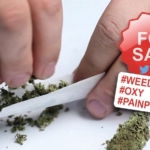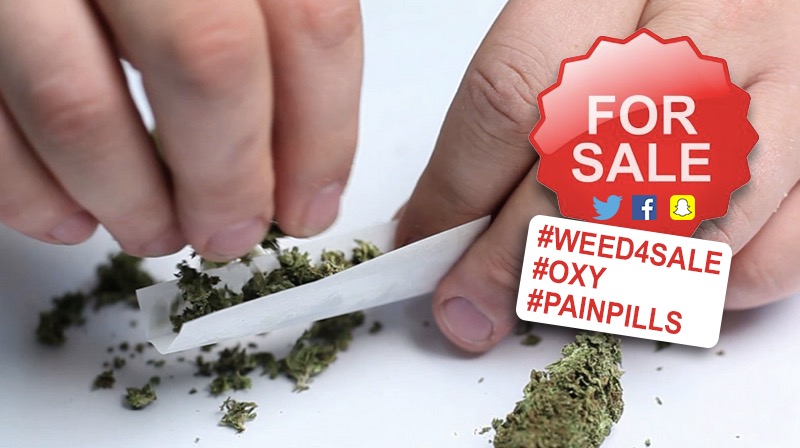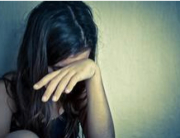
Buying Drugs on Social Media
Last month in Marin County, California, police arrested a person who was selling drugs. What makes this arrest different than most other drug busts is that this person was selling drugs on Snapchat.
Yes. The same Snapchat our youth send selfies to their friends. It’s happening on Instagram too. Dealers use code words, hashtags, emojis and display actual pictures of what they have to offer.
“Drugs on social media is incredibly prevalent,” says Josie Sanguinetti, School Resource Officer for the Marin County Sheriff’s Department. “I’ve seen as young as 10 and obviously as old as 18 and many adults. And drugs do not discriminate. Every high school and some middle schools in the county have been touched by this.”
One San Rafael Police Department narcotics officer told my co-producer that he could find marijuana, Xanax, prescription painkillers and Molly (MDMA) within an hour of searching on social media.
Simple searches with hashtags like #weed4sale, #oxy or #painpills will pull up story after story (that is IG or Snapchat stories) with pictures of drugs and cash and emojis such the Christmas tree, fire, and $$ that means it’s for sale. Requests are left in the comments or you can direct message the dealer. With the right language, you can receive a response. Often dealers will request the conversation about price, quality and delivery details be had on encrypted messaging apps like Kik or What’s App. Deals are done either electronically with payment through apps like Venmo and PayPal and product is then mailed to the buyer or delivered in person and paid for in cash.
Although Instagram and Snapchat have made some efforts to ban certain hashtags and search terms, they are not able to flag all posts.
“We’re not yet sophisticated enough to tease apart every post to see if it’s trying to sell someone illegal drugs or they are taking Xanax cause they are stressed out,” Facebook’s Vice President for Global Marketing Solutions, Carolyn Everson, told the Washington Post in September of last year. “Obviously, there is some stuff that gets through that is totally against our policy, and we’re getting better at it.”
After the Washington Post article was published, Facebook (who owns Instagram) released a blog post with steps they are taking to combat the sale of drugs on their platforms.
“We’ve made progress in the fight against illicit drug sales on our platforms, but we have more to do. We’re committed to making sure we do everything we can to prevent this kind of abuse,” Monika Bickert, the company’s Vice President of Global Policy Management, said in the post.
For this Tech Talk Tuesday start a conversation with your family about drugs available on social media and what to do. Here are some questions to get you started:
-
Have you seen drugs advertised on social media?
-
Have you ever heard of someone getting caught for posting drugs on social media?
-
What ways are drug or alcohol displayed in photos by people you know, or don’t know, and what are some of the risks of such posts?
Thank you our awesome partners at www.screenagers.com and Dr. Delany Rustin for this contribution.











